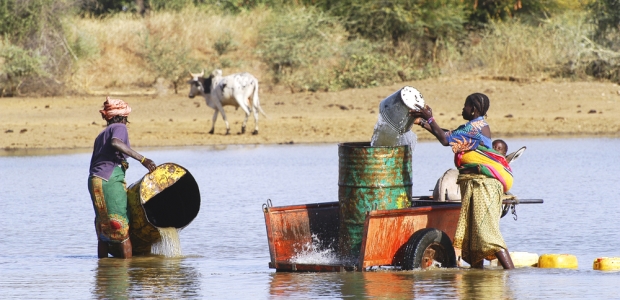
An Avoidable Crisis: Water, Sanitation and Hygiene Human Resource Capacity Gaps in Developing Economies
Countries may need to double existing capacity or risk undermining attainment of universal access to clean water and sanitation.
Shortages of human resources in the Water, Sanitation and Hygiene (WASH) sector will undermine the progress made by many countries to increase access to water and sanitation over the last decades, a new report from the International Water Association states.
Analysis suggests that many countries may need to double their existing capacity in the coming years, and further develop their skills to support the attainment of universal access.
A failure to address these shortages will impede socio-economic development in those countries that remain off-track to meet the MDG water and sanitation targets, and raises serious questions about how realistic will be the attainment of any potential WASH targets under the new Sustainable Development Goals.
Ger Bergkamp, executive director of the International Water Association, said, “There are not enough appropriately skilled water professionals to support the attainment of universal access to safe water and sanitation. The progress many countries have made in the provision of safe water and adequate sanitation is at risk if we do not act now and invest in the people who can make universal access a reality.”
- In 10 countries reviewed there was a shortfall of 778,000 trained water and sanitation professionals needed to reach universal coverage;
- Mozambique needs to double the number of trained water professionals, an additional 11,900 people. 62 percent of the shortfall was in the sanitation sector;
- 98 percent of Ghana’s human resource shortfall was in the sanitation sector;
- Women are massively underrepresented in the sector, on average on 16.7 percent of the water and sanitation sector workforce in 15 countries was female;
- Bangladesh, a country close to achieving MDG water and sanitation targets, requires an additional 44,000 water sector professionals to reach universal coverage.
The report provides an overarching recommendation for the development of national capacity development strategies that have high-level political buy-in with involvement from multiple actors to ensure sustained, adequate professional and technical capacity.
The report also calls for concerted action at regional and global level to collect relevant human resources data, and perform further research to strengthen the evidence base on which action plans and strategies can be built.